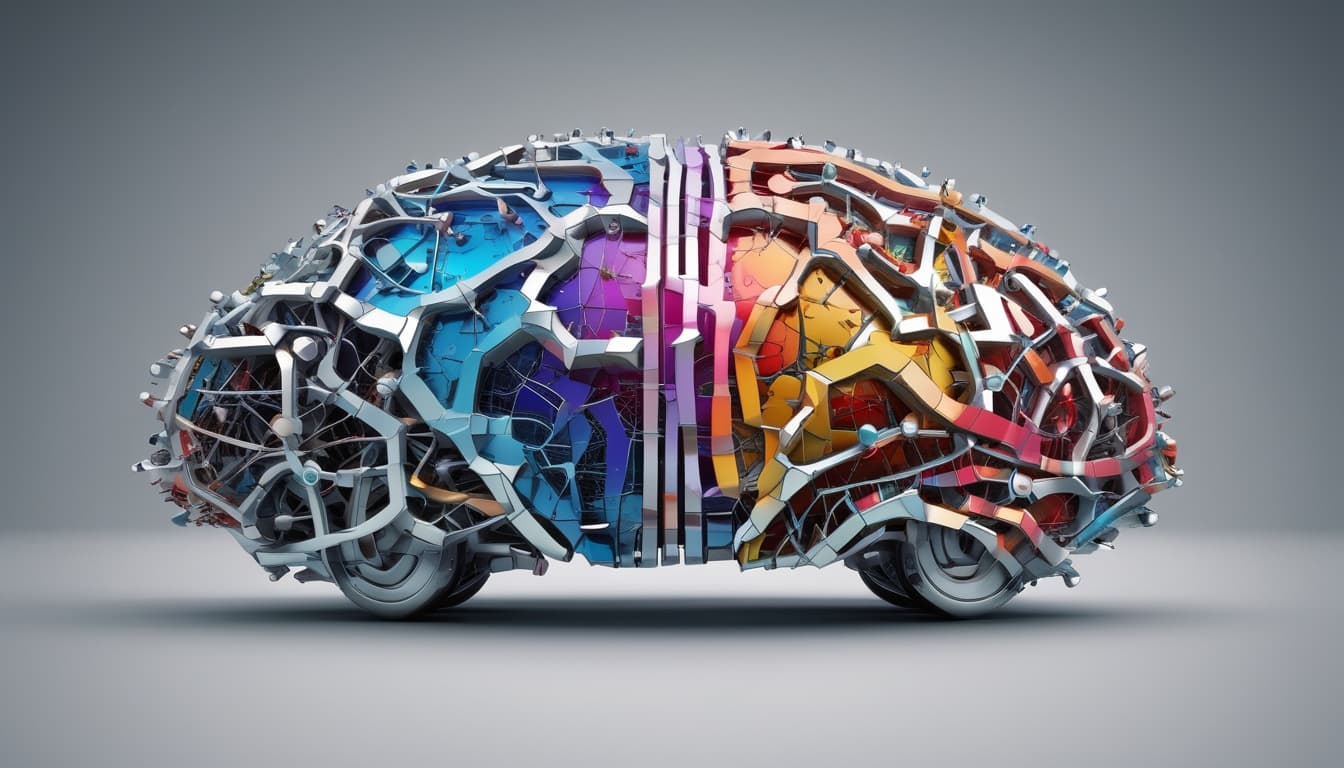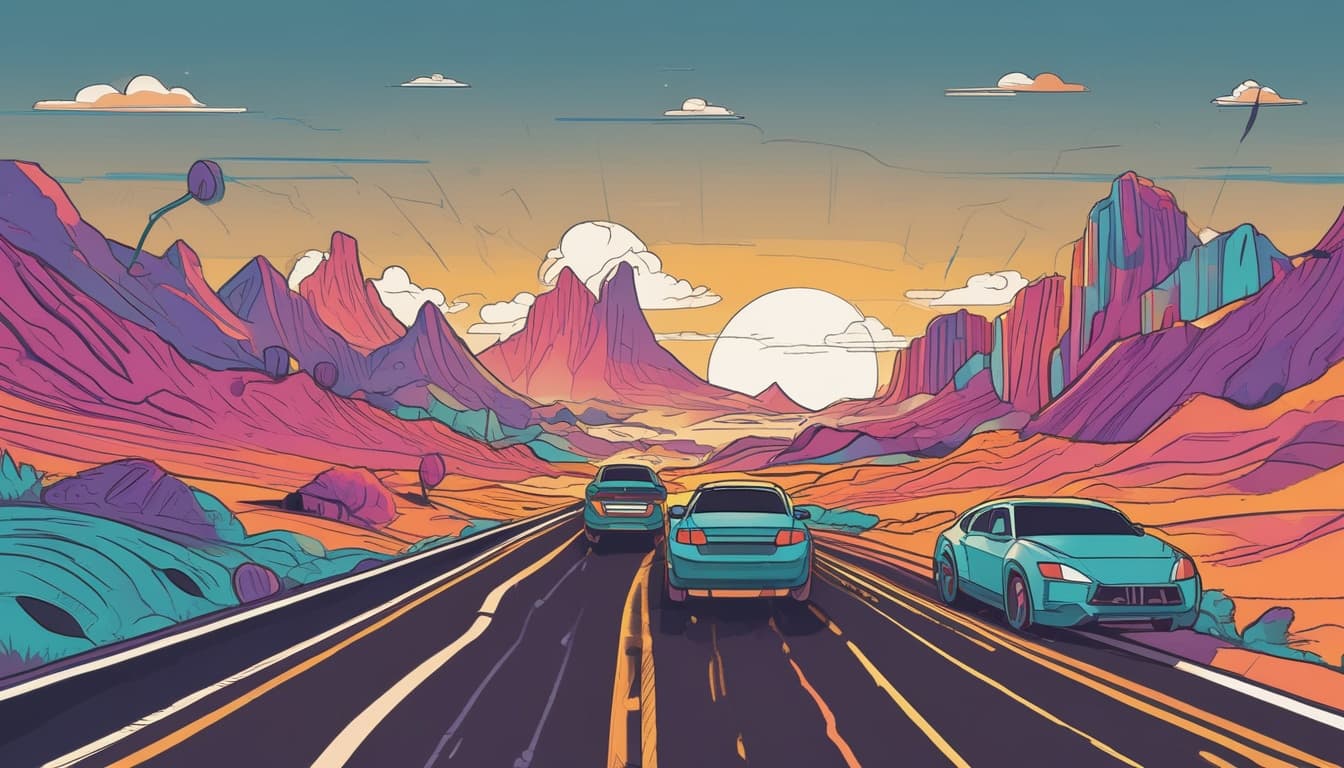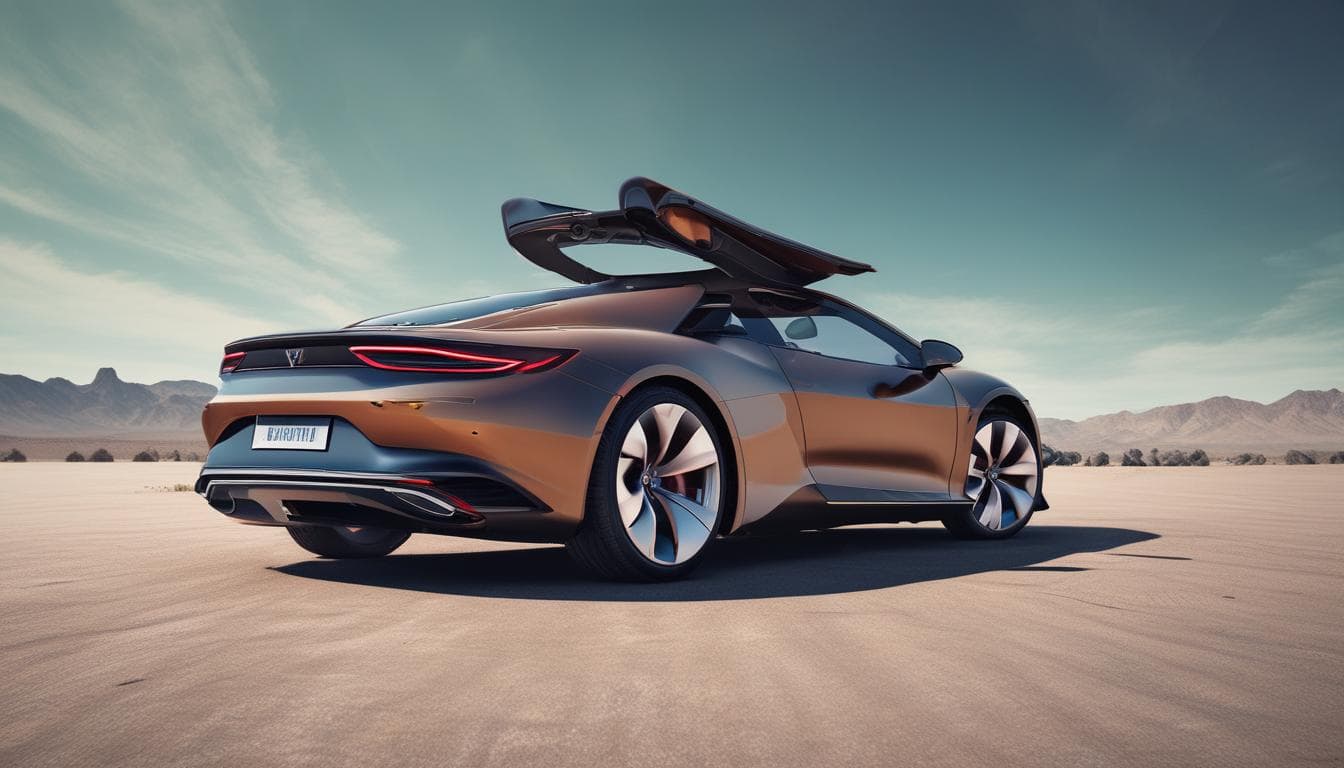With the increasing sophistication of AI in vehicles, how might the role of the human driver evolve into something akin to a "Vehicle Orchestrator" or "Mobility Manager," responsible for overseeing the AI's performance and making higher-level decisions about the journey?
That's a fascinating question! The idea of the human driver transitioning into a 'Vehicle Orchestrator' or 'Mobility Manager' as AI takes the wheel is a very real possibility, and one that's rapidly approaching. Instead of focusing on the minutiae of driving, our role will shift towards strategic oversight and higher-level decision-making.
Here's how I see this evolution unfolding:
- Route Optimization and Planning: The AI will handle the actual driving, but the human will set the overall goals – fastest route, most scenic route, route avoiding traffic congestion, etc. This could involve integrating with other smart systems to optimize the journey, such as smart home technology for pre-conditioning the vehicle upon arrival.
- AI Performance Monitoring: We'll need to monitor the AI's performance, ensuring it's operating safely and efficiently. This might involve reviewing performance metrics, identifying potential issues, and overriding the AI in exceptional circumstances.
- Ethical Decision-Making: In unavoidable accident scenarios, the AI may need human intervention to make complex ethical decisions. Programming an AI to make such choices is incredibly complex, so human oversight remains crucial for the foreseeable future.
- Enhanced Passenger Experience: The human 'Mobility Manager' could focus on creating a better passenger experience – managing entertainment, communication, and other in-vehicle systems. Think of it as curating a personalized travel experience.
- Integration with External Systems: The ability to seamlessly integrate with smart city infrastructure, traffic management systems, and personal scheduling apps will be critical. The human will oversee these connections and ensure smooth transitions between different modes of transportation.
The implications are huge. Consider the potential for increased efficiency, reduced traffic congestion, and improved safety. However, we also need to address concerns around job displacement, cybersecurity, and the ethical implications of delegating critical driving decisions to AI. For a deeper dive into how AI is already reshaping the automotive industry, check out this insightful article on the AI revolution in automotive. It explores the transformative impact of AI across design, manufacturing, and the driving experience itself, offering a broader perspective on this exciting evolution.
I'd love to hear your thoughts on the potential challenges and opportunities this shift presents. What are your biggest concerns, and what do you see as the most exciting possibilities?
探索更多相关内容
加入讨论
- 汽车智能情感交互:畅想未来驾驶体验
探讨汽车如何根据驾驶员的情绪调整驾驶体验,包括音乐、灯光和驾驶模式,分析其潜在的益处和风险,以及用户最期待的功能和担忧。
- 未来十年,汽车会成为“超级移动终端”吗?
探讨未来十年汽车是否会演变成“超级移动终端”,以及它如何重新定义人车关系、交通出行、娱乐方式、日常生活,并分析可能带来的新商业模式和社会挑战。
- 未来十年,汽车会成为“车轮上的情感伴侣”吗?
探讨未来汽车如何超越交通工具的角色,通过学习驾驶习惯、音乐偏好和情绪状态,提供个性化的驾驶体验,并以此建立更深层次的情感连接。





